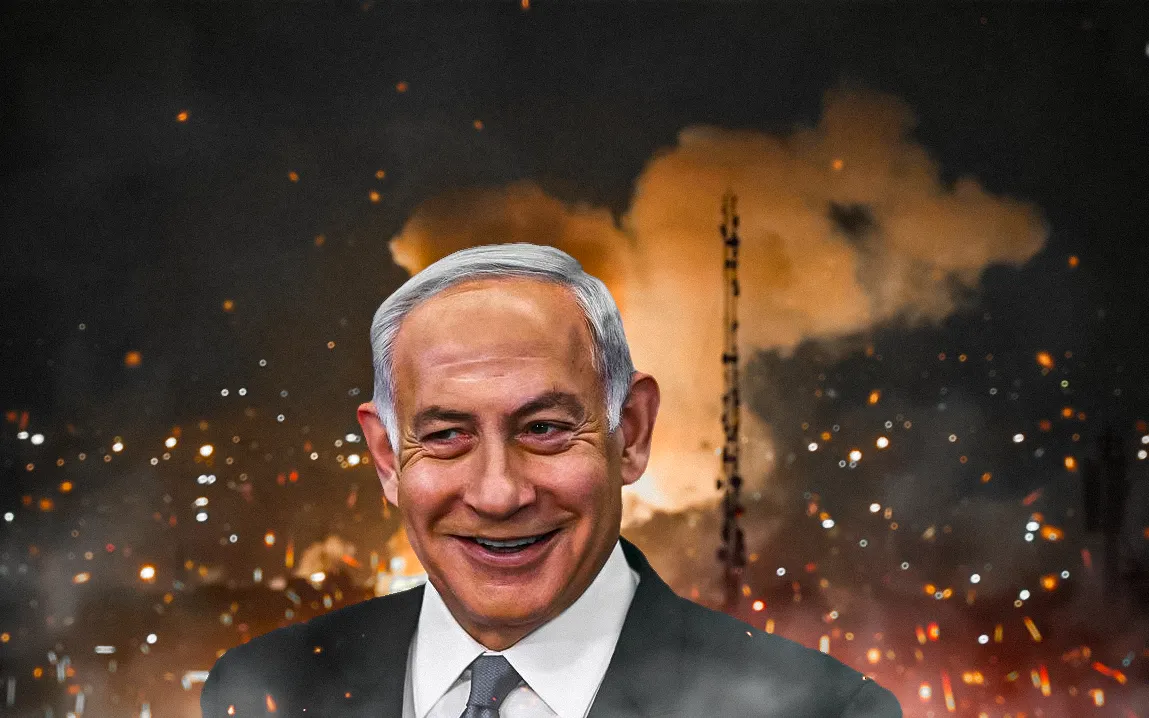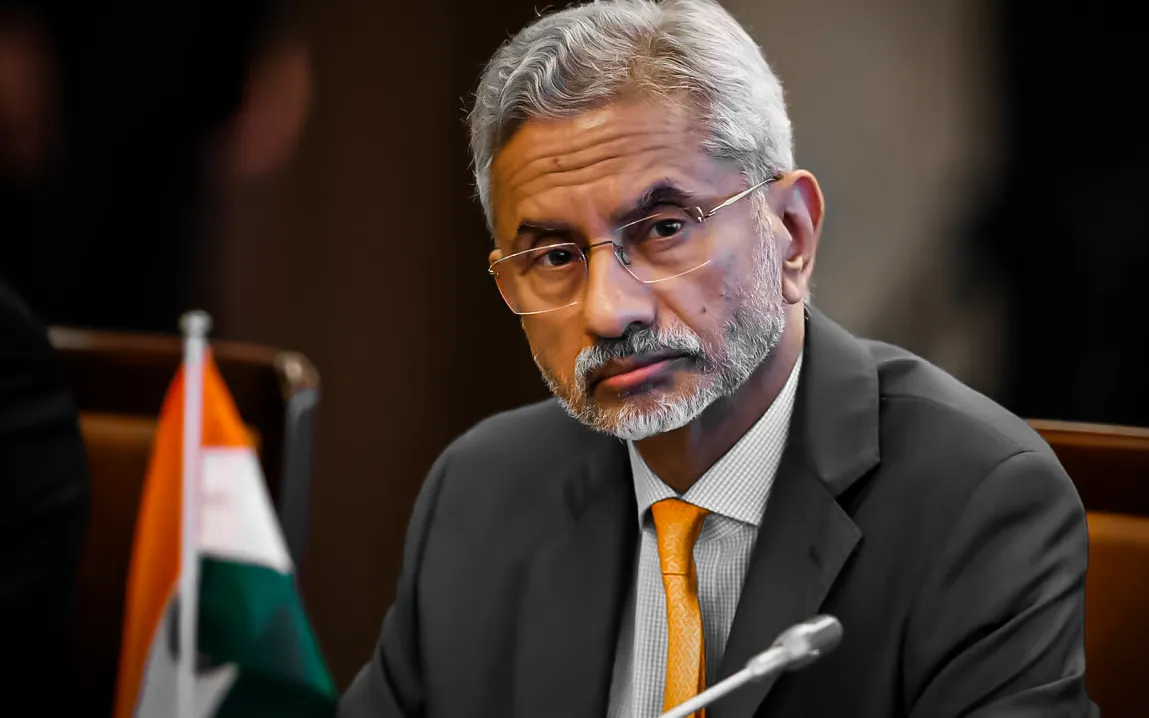Israel carried out major airstrikes on Iran late Thursday, targeting military and nuclear sites in multiple cities. The attacks, confirmed by both nations, significantly escalated long-standing tensions.
Among the dead are Gen. Hossein Salami, head of Iran’s Revolutionary Guard, and Gen. Mohammad Bagheri, the armed forces’ chief of staff. Two senior nuclear scientists were also killed in strikes on Tehran, Natanz, and Tabriz.
Major Israeli Offensive
According to Israeli military officials, fighter jets launched five waves of airstrikes as part of “Operation Nation of Lions.” The Israeli military said the strikes are intended to weaken Iran’s nuclear facilities and missile systems.
“This operation will continue until we eliminate the threat to our survival,” said Prime Minister Benjamin Netanyahu in a recorded statement.
Chief of Staff Lt. Gen. Eyal Zamir described Iran’s nuclear program as reaching “a point of no return,” warning, “We could not wait another moment to act in the fight to preserve our existence.”
Iran Responds: “Bitter and Painful Fate”
Supreme Leader Ayatollah Ali Khamenei condemned the strikes and promised Israel would face a “bitter and painful fate.”
Iran’s Foreign Ministry stated the country has a “legal and legitimate” right to respond, accusing Israel of coordinating the attacks with the United States. Tehran claimed such a wide-scale offensive could not have been carried out without U.S. authorization, a charge Washington denies.
U.S. Denies Involvement
U.S. Secretary of State Marco Rubio released a statement emphasizing that the United States was not part of the military action.
“Tonight, Israel took unilateral action against Iran. We are not involved in strikes against Iran and our top priority is protecting American forces in the region,” he said. “Let me be clear: Iran should not target U.S. interests or personnel.”
President Donald Trump also spoke to Fox News, saying he still believed a nuclear deal was possible, despite the attacks. He confirmed the U.S. had prior knowledge of the strikes but played no operational role. U.S. forces in the region have been placed on high alert.
Israel Braces for Retaliation
Defense Minister Israel Katz confirmed Israel is preparing for an Iranian response.
“A missile and UAV [drone] attack against the State of Israel and its civilian population is expected in the immediate timeframe,” he said in a statement early Friday.
Sirens sounded across Israel as the IDF imposed emergency measures, halting non-essential activity and closing airspace. Schools and most workplaces remain shut.
The Ministry of Transportation suspended all flights in and out of the country. Iran also closed Tehran’s international airport.
Civilian Impact and International Fallout
Images broadcast by Iranian media showed smoke rising from buildings in Tehran. Casualty reports include civilians as well as high-ranking officials.
The Israeli strikes have upended ongoing nuclear negotiations between the U.S. and Iran. A sixth round of talks, scheduled for Sunday, is now in jeopardy.
Washington has begun evacuating diplomats and military families from embassies in Iraq, Bahrain, and Kuwait as precautionary measures. Air defenses in the Gulf region have also been strengthened..
What’s Next
The Israeli military says the campaign will continue “as long as it takes.” Netanyahu said Israel had indications in recent weeks that Iran was accelerating its nuclear development, and “we are now in a strategic window of opportunity.”
An unnamed IDF source added, “We had no choice but to take action. Every day that passed gave Iran more time to reach a point where we could no longer intervene effectively.”
Iran, which denies it is developing nuclear weapons, has not yet announced its military response. However, Iran’s Defense Minister Aziz Nasirzadeh issued a warning: “All U.S. bases are within our reach, and we will boldly target them in host countries.”
Meanwhile, U.S. Special Envoy to the Middle East Steve Witkoff is still hoping to meet with Iranian officials over the weekend, if they are still willing.
As of Friday morning, both sides remain on high alert, and the risk of further escalation looms large over the region.



